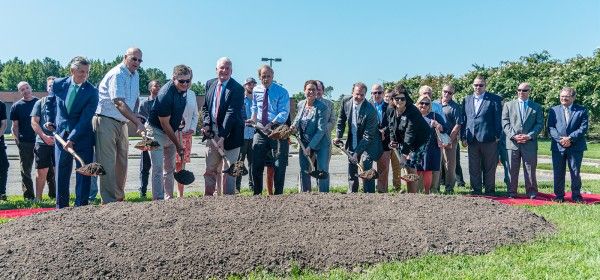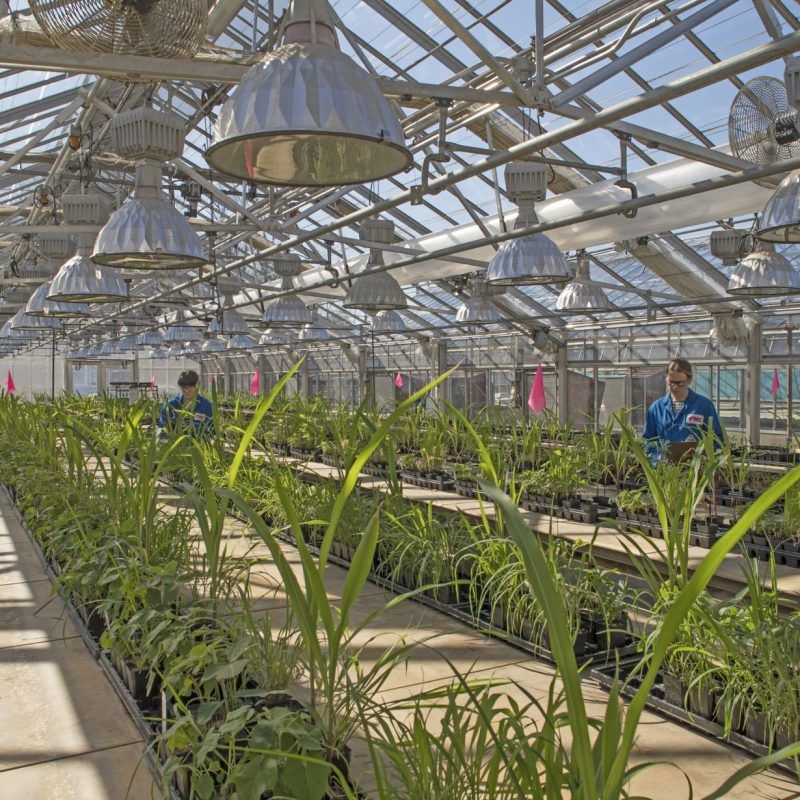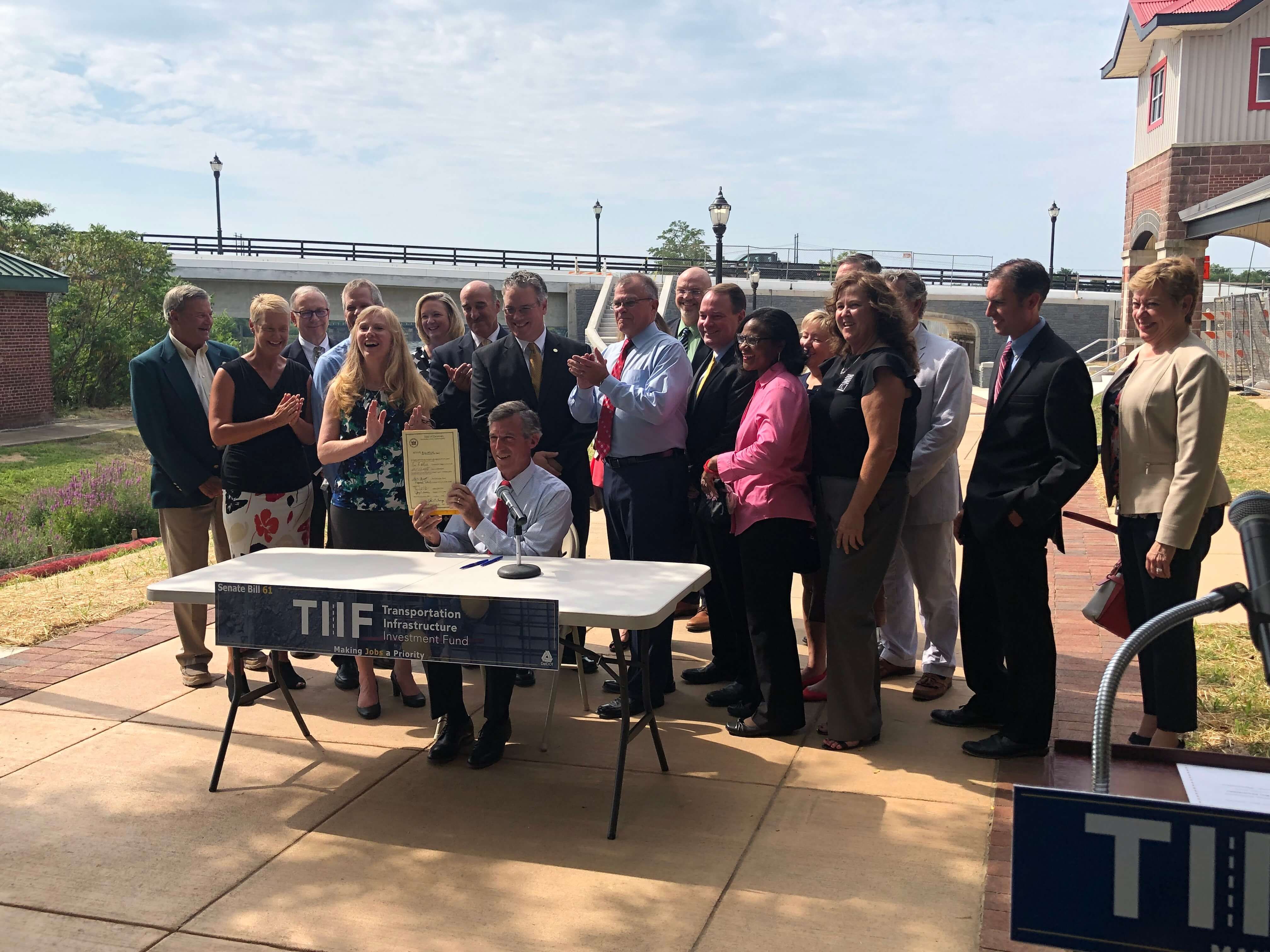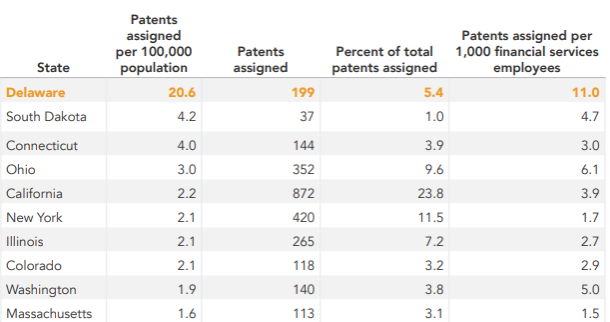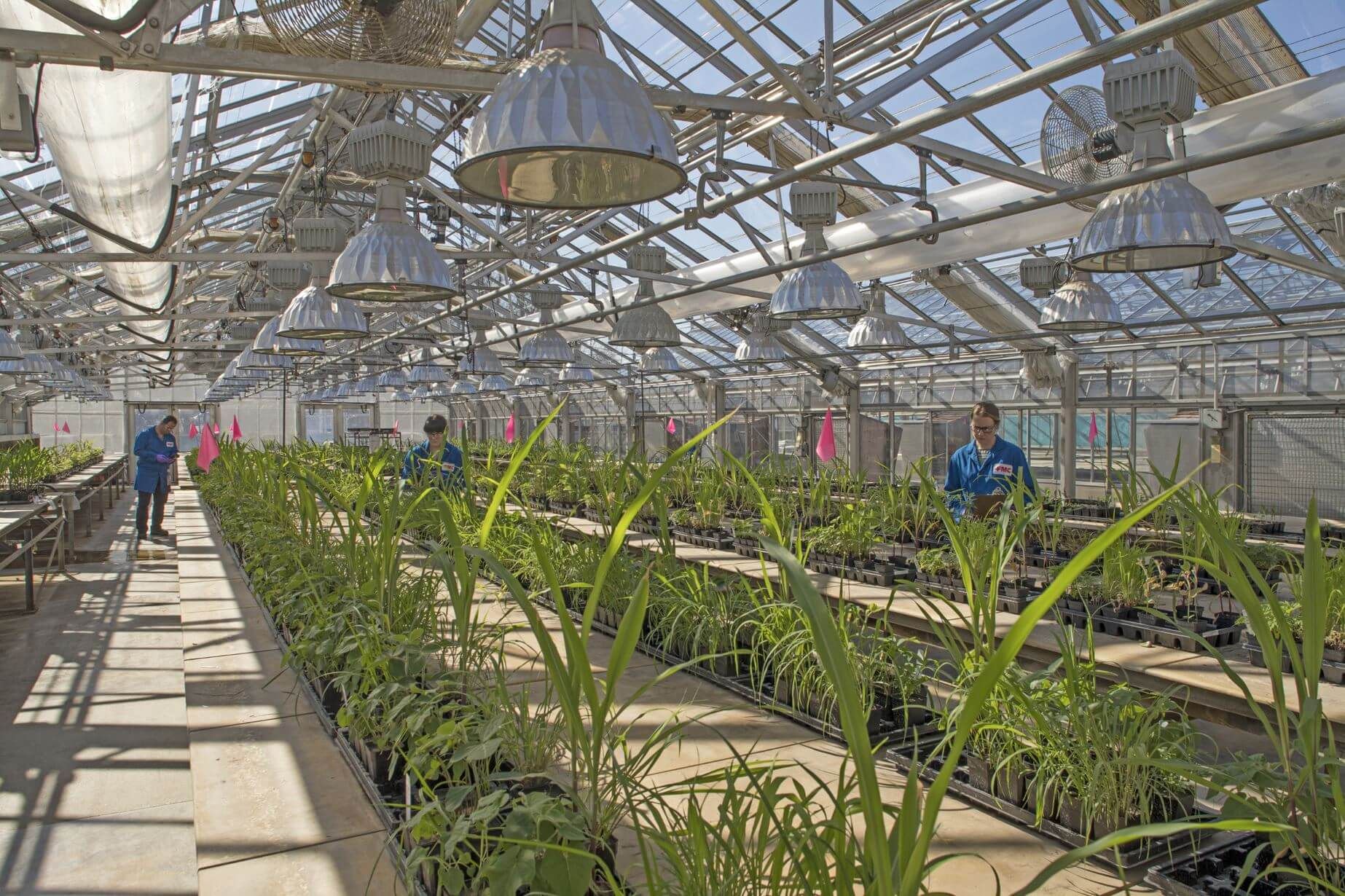(Wilmington, Del.) FMC Corporation (NYSE: FMC), a publicly traded agricultural sciences company, plans to invest more than $50 million over the next three years in capital improvement projects, including a state-of-the-art reconfiguration of a greenhouse and research facility at the company’s Global Research and Development headquarters in Newark, Delaware.
FMC acquired the 515-acre Stine Research Center campus as part of its acquisition of a portion of DuPont’s crop protection business in 2017. The transaction was the largest in FMC history and retained more than 500 jobs in Delaware, transferred 45 employees from a nearby state and created 19 new positions.
“FMC is making a significant new investment in Delaware, and in a campus that has long been a center of world-class biotechnology and agriscience research,” said Governor John Carney. “This investment in Newark will support good-paying jobs for Delawareans and their families, and the continued growth of our state’s economy. It’s more true than ever that Delaware has a world-class workforce, and a quality of life that is second to none. And these investments by FMC help reaffirm that our state is a great place for businesses of all sizes to put down roots, grow, and create good-paying jobs.”
“Over the years, FMC has been a leader in developing agricultural products that our farmers need,” said Delaware Secretary of Agriculture Michael T. Scuse. “As a global agricultural leader, we are excited to have their research facilities based in Delaware and their continued investment in the First State.”
FMC plans to reconfigure an existing structure at the facility to enhance its global research and development (R&D) efforts. In support of the project, the company plans to hire 13 employees over the next three years, which would bring its total of full-time R&D employees at the Delaware campus to approximately 375. The new positions include professional scientists and skilled associates, adding approximately $1.3 million to its annual payroll. The site’s total workforce of nearly 600 includes support staff and contractors.
“We will invest nearly $2 billion in research and development through 2023 as a cornerstone of FMC’s long-term growth strategy,” said Mark Douglas, president and chief operating officer. “FMC employees at the Stine Research Center will lead much of this critical discovery and development work to serve our global business and customers. We’re pleased to partner with the State of Delaware to further our investment in the area.”
To support its expansion, the Council for Development Finance (CDF) approved a grant for $1,642,500 from the Delaware Strategic Fund, including $142,500 for a performance grant and $1.5 million for a capital expenditure grant. The grant supplements the company’s own investment over a three-year period. Both grants are contingent upon meeting employment benchmarks.
About Delaware Prosperity Partnership
Created in 2017, Delaware Prosperity Partnership (DPP) is the nonprofit that leads the state of Delaware’s economic development efforts to attract, grow and retain businesses, including agribusiness companies. DPP works with site selectors, commercial developers and business executives focused on where to locate or grow a business. The team helps with reviewing potential sites, cost-of-living analysis, quality-of-life intel and funding opportunities, including available tax credits and incentives. For more information, visit www.choosedelaware.com.
About FMC
FMC Corporation, an agricultural sciences company, provides innovative solutions to growers around the world with a robust product portfolio fueled by a market-driven discovery and development pipeline in crop protection, plant health, and professional pest and turf management. This powerful combination of advanced technologies includes leading insect control products based on Rynaxypyr® and Cyazypyr® active ingredients; Authority®, Boral®, Centium®, Command® and Gamit® branded herbicides; Talstar® and Hero® branded insecticides; and flutriafol-based fungicides. The FMC portfolio also includes biologicals such as Quartzo® and Presence® bionematicides. FMC Corporation employs approximately 6,500 employees around the globe.
FMC, the FMC logo, Rynaxypyr, Cyazypyr, Authority, Boral, Centium, Command, Gamit, Talstar, Hero, Quartzo and Presence are trademarks of FMC Corporation or an affiliate. Always read and follow all label directions, restrictions and precautions for use. Products listed here may not be registered for sale or use in all states, countries or jurisdictions. Hero® insecticide is a restricted use pesticide in the United States.
Statement under the Safe Harbor Provisions of the Private Securities Litigation Reform Act of 1995: FMC and its representatives may from time to time make written or oral statements that are “forward-looking” and provide other than historical information, including statements contained in this press release, in FMC’s other filings with the SEC, and in reports or letters to FMC stockholders.
In some cases, FMC has identified forward-looking statements by such words or phrases as “will likely result,” “is confident that,” “expect,” “expects,” “should,” “could,” “may,” “will continue to,” “believe,” “believes,” “anticipates,” “predicts,” “forecasts,” “estimates,” “projects,” “potential,” “intends” or similar expressions identifying “forward-looking statements” within the meaning of the Private Securities Litigation Reform Act of 1995, including the negative of those words and phrases. Such forward-looking statements are based on management’s current views and assumptions regarding future events, future business conditions and the outlook for the company based on currently available information. These statements involve known and unknown risks, uncertainties and other factors that may cause actual results to be materially different from any results, levels of activity, performance or achievements expressed or implied by any forward-looking statement. These factors include, among other things, the risk factors included within FMC’s 2018 Form 10-K filed with the SEC. FMC cautions readers not to place undue reliance on any such forward-looking statements, which speak only as of the date made.
This press release contains certain “non-GAAP financial terms” which are defined on our website www.fmc.com. In addition, we have also provided on our website at www.fmc.com reconciliations of non-GAAP terms to the most directly comparable GAAP term.



